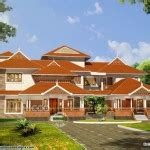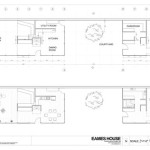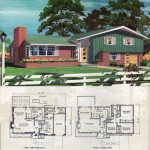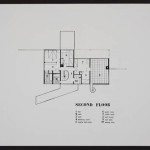Building Plans For Tiny Houses: Essential Aspects to Consider
When embarking on the exciting journey of building a tiny house, having a comprehensive set of building plans is paramount. These plans serve as the roadmap for your project, ensuring a smooth construction process and a safe and functional outcome. Here's a detailed guide to the essential aspects you should consider when creating or selecting building plans for your tiny house:
1. Determine Your Needs and Lifestyle
The foundation of any tiny house plan lies in understanding your specific needs and lifestyle. Consider factors such as the number of occupants, desired layout, storage space, and any special accommodations for pets, hobbies, or accessibility.
2. Establish Building Codes and Regulations
Familiarize yourself with the building codes and regulations applicable to your location. These codes may vary from state to state or county to county, so it's crucial to research and comply with all requirements.
3. Choose a Design Concept
Select a design concept that aligns with your aesthetic preferences and practical needs. Consider different architectural styles, such as modern, rustic, or traditional, as well as factors like natural lighting, ventilation, and space optimization.
4. Plan the Layout Efficiently
Create a floor plan that maximizes space utilization and creates a comfortable living environment. Consider the placement of walls, windows, doors, and appliances, ensuring a seamless flow of movement and functionality.
5. Include Detailed Structural Drawings
Your building plans should include detailed structural drawings, such as foundation plans, framing plans, and roof plans. These drawings provide precise instructions on how to construct the structure safely and securely.
6. Specify Electrical and Plumbing Installations
Incorporate detailed plans for electrical and plumbing systems, including wiring diagrams, plumbing schematics, and fixture specifications. These plans ensure that your tiny house meets electrical and plumbing codes and provides a safe and functional living space.
7. Consider Energy Efficiency and Sustainability
Incorporate energy-efficient practices into your building plans, such as passive solar design, energy-star appliances, and sustainable materials. These measures can reduce your energy consumption and create a more environmentally friendly home.
8. Include Site and Exterior Design
Your building plans should extend beyond the interior space to encompass the site plan and exterior design. Consider factors such as landscaping, drainage, and the placement of outdoor structures, such as decks or porches.
9. Review and Revise
Once your building plans are complete, it's essential to review them thoroughly and make any necessary revisions. Consult with a professional engineer or architect if needed to ensure the plans meet all relevant codes and standards.
10. Follow the Plans Meticulously
During construction, adhere strictly to your building plans. Any deviations may compromise the structural integrity, safety, and functionality of your tiny house.
Remember, building plans are not just blueprints; they are a roadmap to a safe, functional, and comfortable living space. By considering these essential aspects, you can create comprehensive building plans that will guide your tiny house project to a successful outcome.

Buy Affordable Tiny House 18 X 28 Adu In Law Cabin

Tiny House Design Floor Plans

Tiny House Plan Examples

Tiny House Design Floor Plans
:max_bytes(150000):strip_icc()/SL-731_FCP-83e310d6c4f4422a88bd36464339bf30.jpg?strip=all)
26 Tiny House Plans That Prove Bigger Isn T Always Better

Tiny House Plans That Are Big On Style Houseplans Blog Com

Tiny House Floor Plans Design Your

Small Home Design Live 3d
:max_bytes(150000):strip_icc()/ana-tiny-house-58f8eb933df78ca1597b7980.jpg?strip=all)
4 Free Diy Plans For Building A Tiny House

Tiny House Floor Plans 32 Home On Wheels Design








